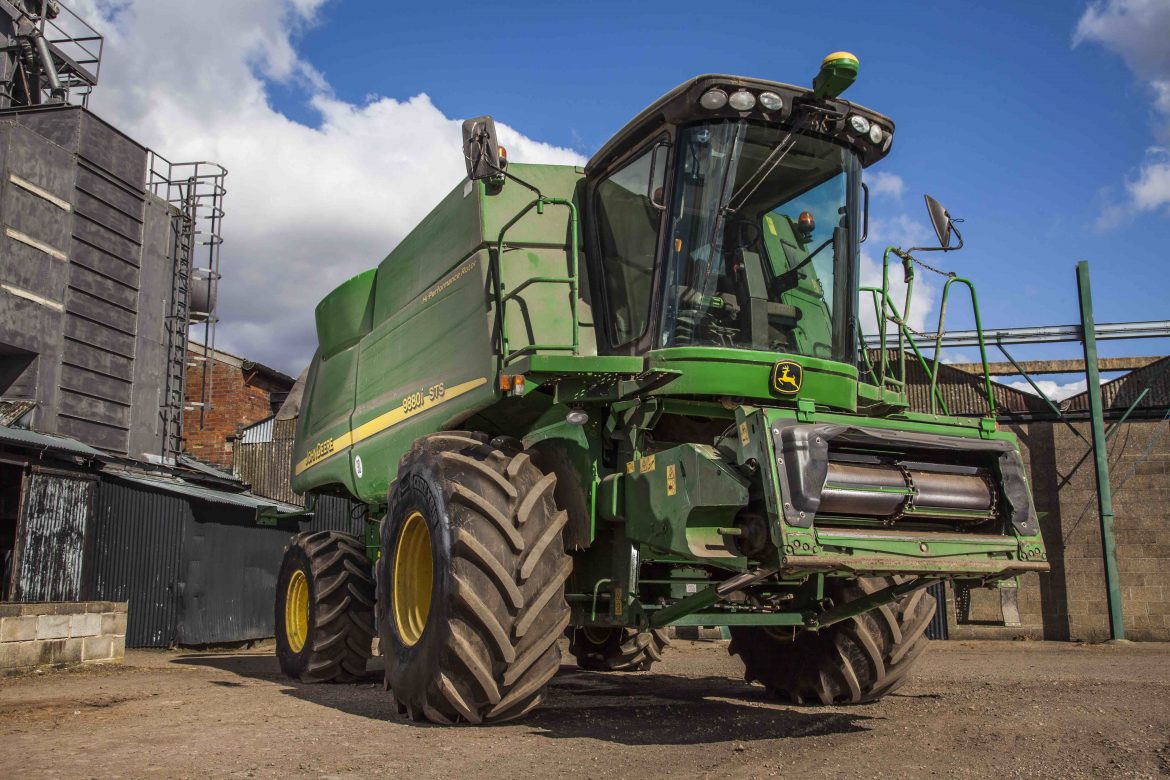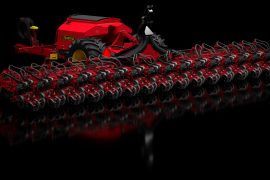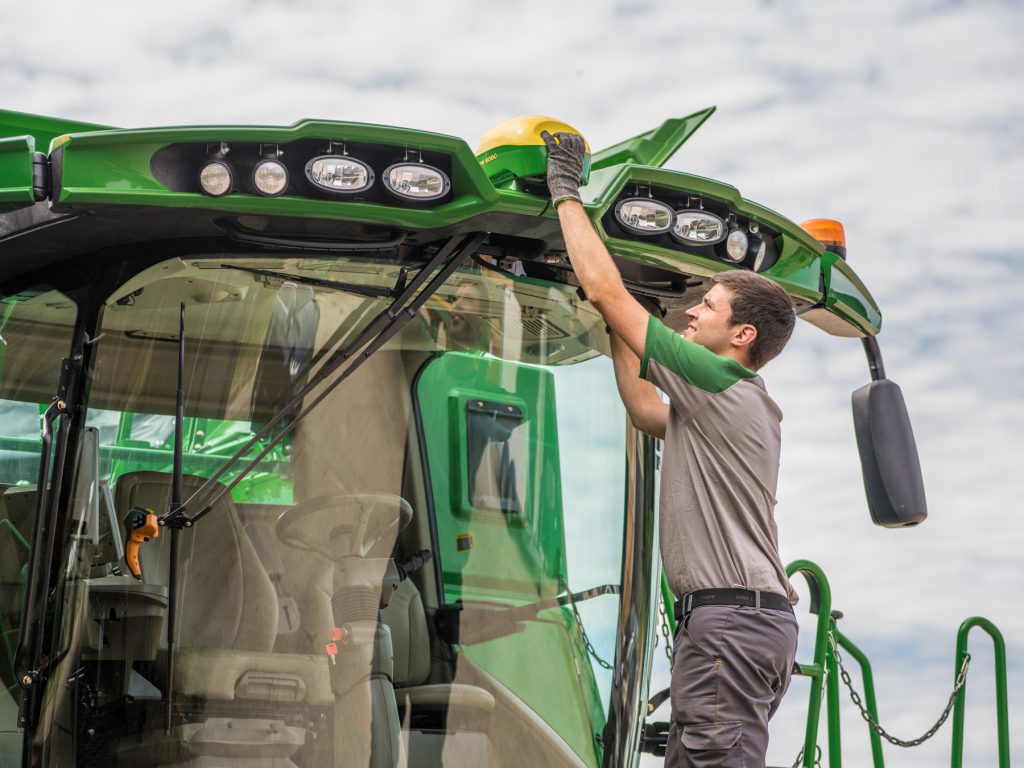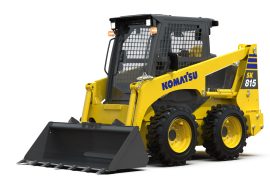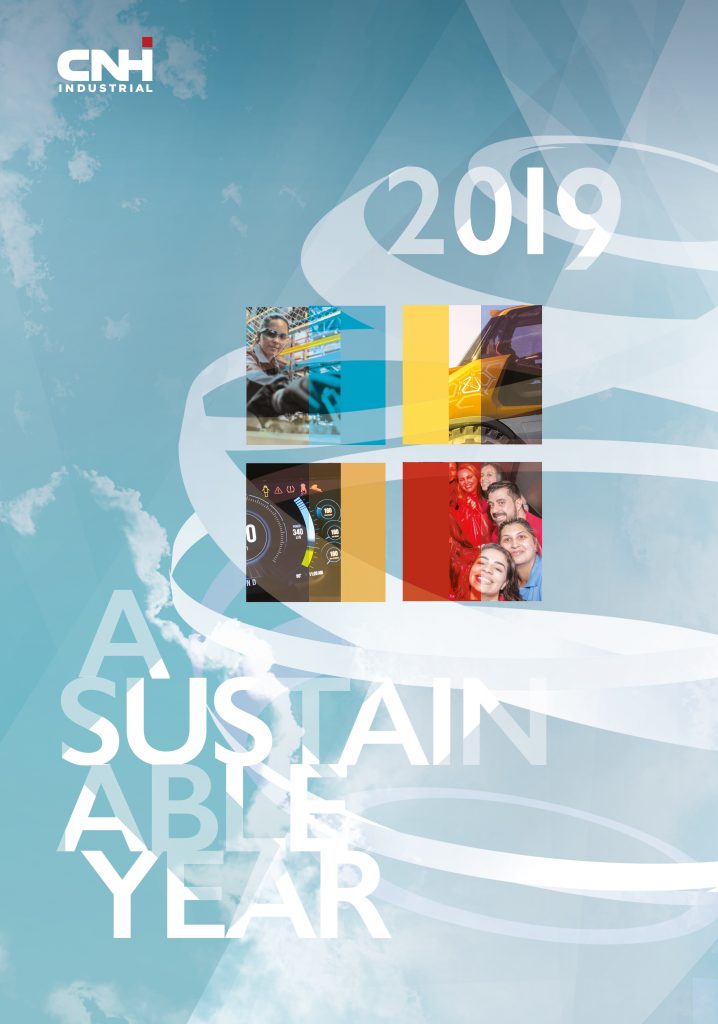With harvesting approaching, leading tyre manufacturer Michelin has published a 10-point tyre check that farmers and contractors are urged to undertake before activities get underway.
Taking combine harvesters as the model, operators are advised to check for accidental damage left over from last year, looking for bulges, cuts and tears, as well as tread and sidewall damage down to the wheel rim.
Cautioning that damage left unchecked can result in costly tyre failure and harvest interruptions, the list includes a check for ‘flat spots’ caused by deflation that, if not corrected, could lead to vibrations when travelling on the road.
Noting that warming tyres in the sunlight will help the casing to return to its normal shape, operators can correct the problem by marking the affected area and locating the machine in direct sunlight. Leaving other sections of the tyre deflated, the advice is to inflate the affected tyres above the standard operating pressure – ensuring the manufacturer’s maximum inflation pressure is not exceeded – and leave them warming in the sun’s heat for a couple of hours.
Next in sequence is the recommendation that tyre pressures are checked in all cases and that the correct tyre choice is made – pointing to new Michelin Ultraflex technology that limits soil compaction and disturbance whilst offering greater comfort, manoeuvrability and load capacity.
Three additional things to watch include the availability of narrower tyres that allow easier access to fields whilst speeding the harvesting process. Having greater contact with the ground, the recommendation is that greater care is taken when choosing rear tyres that can improve the efficiency of a combine harvester.
Other tips for operators include the discipline of undertaking regular tyre inspections that help spot cuts and tears as they appear and limit machine downtime, the need for avoid kerbing or driving into potholes in order to maintain wheel alignment and prolong tyre life, and the advice to accelerating slowly and brake progressively in order to maximise tyre life. As ever, the recommendation across the board is that all machinery involved in harvesting is maintained in excellent condition and tyres inflated to the correct pressure, including trailers used to transport harvested grain from field to farm.
Michelin publishes 10-point pre-harvest tyre checklist
